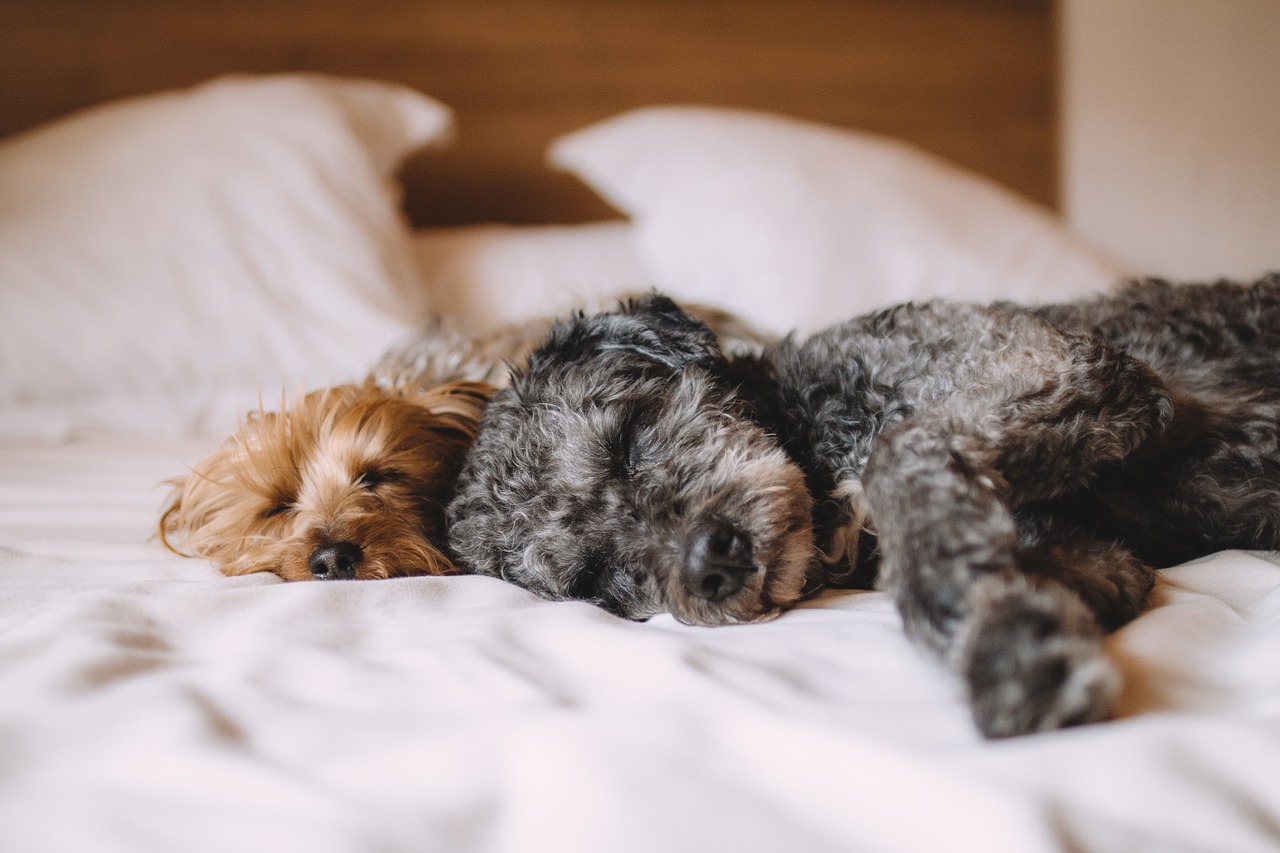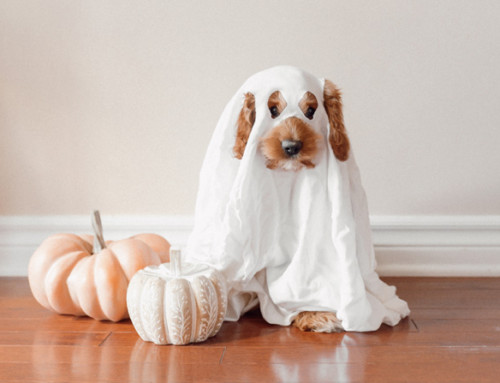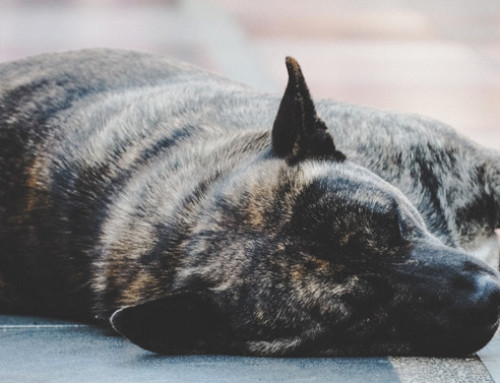If you are a household with dogs like me, then you understand that dogs do not necessarily have regular sleep patterns unlike people, who generally spend the daytime awake and sleep at night. You may also be surprised at the fact that dogs of different breeds also have differences in sleeping patterns. Consequently, some dogs might spend most of the hours of the day taking a nap while others may remain alert a large part of the day paying attention to anything that moves around such as watching all the action outside. So, is your dog sleeping too much or too little?
How to Determine Normal Sleep Patterns
According to research, a dog will sleep for 12 to14 hours per day on average. However, most dogs adjust to your sleep patterns, which mean they sleep for about eight hours at night. They then compensate for the other four or six hours by taking naps during the day.
The breed of the dog is a key factor when determining how long the nap should last when it comes to your dog. Nevertheless, there are factors that might cause your dog to sleep less or more than the average. These include:
-
Older dogs
Usually, dogs tend to sleep more in form of naps during the day as they age. Therefore, an increase in the amount of sleep of your dog as compared to its younger years represents a natural part of the aging.
-
Puppy
Just like humans, young dogs need more sleep time than the average adult dog. A young dog is more active and its body is also developing.
-
Passive working dogs
Sleeping more during the day is a common thing with dogs that work passively such as guarding livestock as it allows them to be a little more alert during the night. Other dog breeds like Great Pyrenees or Sheepdogs may have a similar sleep pattern even if they are not livestock guardian but companion dogs. Most of the passive working dogs are large breeds and thus naturally need more sleep time compared to small dog breeds.
-
Active working dogs
Active working dogs such as the service dogs or police dogs tend to sleep less, as they are more active for the longer part of the day. These include dogs such as Labrador Retrievers and German Shepherds, which tend to sleep less even if they are just companion animals.
Major Sleep Disorders for Dogs
Sleep disorders affect some dogs but it is important to mention that they are not common among dogs as compared to humans.
-
Insomnia
Sleeplessness is a rare condition in dogs but it can result from health problems such as allergies, kidney issues, arthritis and thyroid problems.
-
Sleep Apnoea
Sleep apnoea is another condition that might cause your dog to sleep less. The condition causes the dog to stop breathing temporarily, which interrupts its sleep. Therefore, loud snoring can be one of the major signs of sleep apnoea.
-
Narcolepsy
If you notice that your dog is taking excessive naps during the day, it might be a sign of narcolepsy. For this condition, dogs tend to fall into a state of deep sleep suddenly that mainly involve complete or partial muscle paralysis.
Ways to Ensure Your Dog has Healthy Sleep
Sleep problems are less common in dogs, but just like in humans, sleeplessness can cause extreme tiredness to your dog during the day. Here are some of the ways to ensure that your dog has the best sleep possible:
-
Keeping Your Dog Active
Usually, dogs that take more naps during the day have a problem with sleeping well at night. If you notice this with your dog, it is advisable to find an effective way of keeping your dog a little more active during the day. Interrupted sleep patterns are common in dogs with a boring daily routine as compared to dogs that are more active throughout the day.
-
Great Diet
Poor diets can also a cause change in your dog’s sleep patterns. A sudden change in dog’s sleep habits can be because of a simple thing like lactose intolerance, which might lead to digestive problems and thus interrupt its sleep.
-
Quality Dog Bed
When it comes to helping your dog have the best sleep possible, it is recommended to have a quality dog bed. Memory foam dog beds with bolster are popular so that your dog can lie on the bolster like a pillow. A good dog bed will evenly distribute your dog’s weight so there are no pressure points, especially for older dogs. Just like humans, a good mattress can leave you feeling refreshed the next morning.
Putting it all together
Overall, dogs will follow a sleep pattern of eight with four to six hours of naps during the day. A dog may sleep much or less, which might be caused by several factors like sleep apnoea, insomnia, and less comfortable sleeping surface or even dog’s diet. Therefore, it is advisable to contact your veterinarian if you happen to have any concerns about a sudden change in your dog’s sleep pattern.







[…] a slender foam mat a couple INS thicker to a deluxe folks-like mattress around 7 thicker. Get More Information by […]